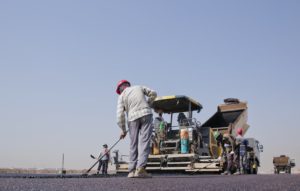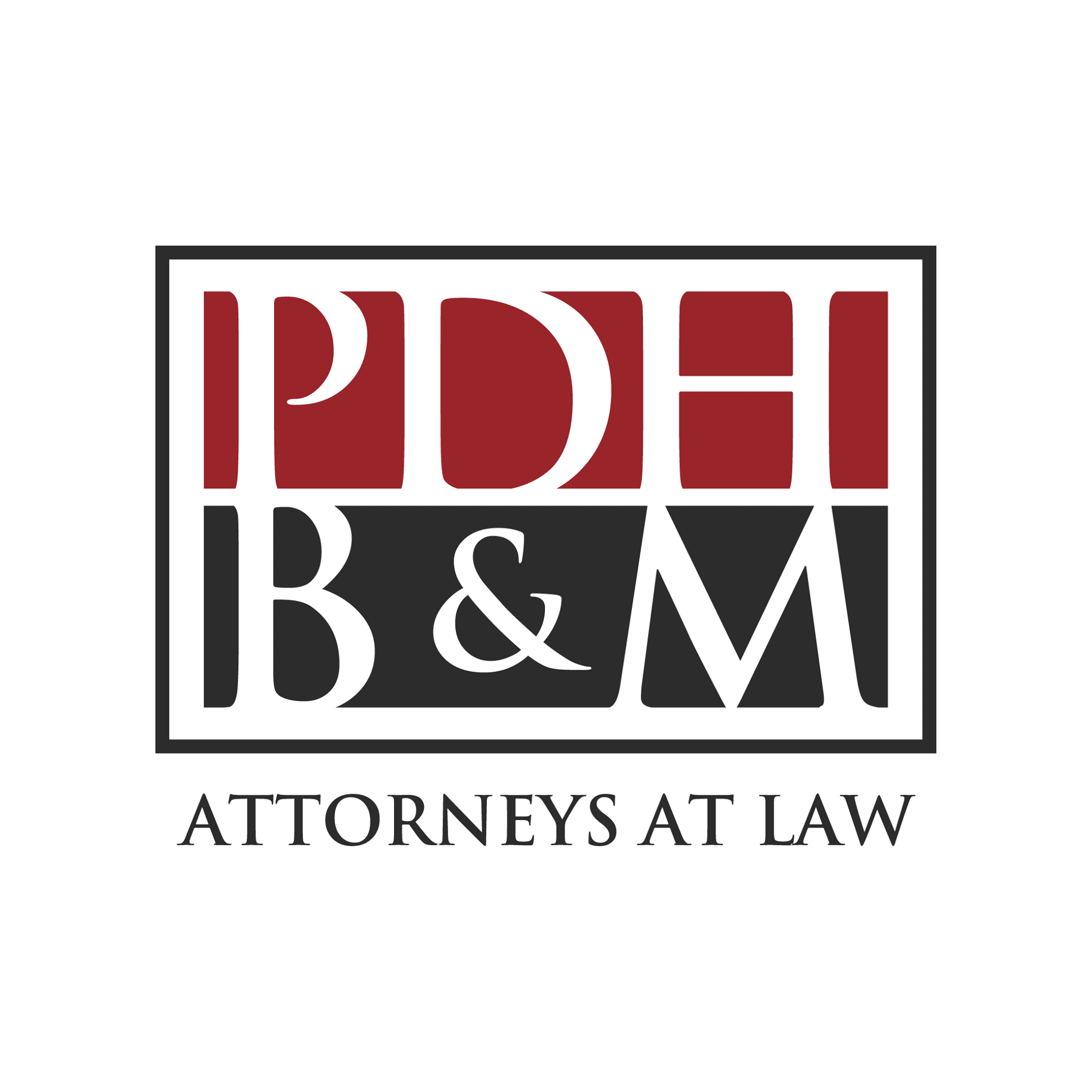Skin Cancer Risks at Work: Everything Employees and Employers Should Know
If you work outside, sun exposure puts you at risk for skin cancer. Skin cancer is the abnormal growth of skin cells, which can negatively affect the functioning of other body parts.
In the United States, more people are diagnosed with skin cancer than all other forms of cancer combined, according to the Skin Cancer Foundation. One in five Americans will get skin cancer by the age of 70. The diagnosis of nonmelanoma skin cancers has increased 77 percent between 1994 and 2014.
For those who work outside, working under the sun and its ultraviolet (UV) rays poses a threat. How much responsibility do employers have to keep workers safe from skin cancer? Here’s a look at skin factor risk factors and how to stay protected at work.
How Skin Cancer Develops
Most skin cancer is a result of UV radiation from sunlight or from lights in tanning beds. Because skin cancer can develop on body parts that are not exposed to UV light, as well, there may be other factors that increase skin cancer risk, such as toxic substance exposure.
There are varying types of skin cancer. Nonmelanoma skin cancer, such as basal cell carcinoma or squamous cell carcinoma, occurs in cells in the skin other than melanocytes, which are the pigment-producing cells. This type of cancer is not likely to spread, is usually easily removed, and is simple to cure when detected early.
Melanoma is the most dangerous type of skin cancer, causing the most fatalities. It occurs in the melanocytes, which produce melanin, or skin color. Melanoma typically begins as a mole and may spread deep into skin, affecting lymphatic vessels.Symptoms of skin cancer include:
- Pearly or waxy bumps
- Flesh-colored or brown-colored scar-like lesions
- Firm, red nodules
- Flat lesions with a scaly, crusted surface
- Moles that change in color, size or feel, or that bleed
- Dark lesions on extremities or on mucous membranes
The earlier any type of cancer is detected by watching out for these warning signs, the quicker it can be treated and potentially removed.

Skin Cancer Risks at Work
Any exposure to the sun can put you in danger. Prolonged work hours outside require extra care. According to the National Cancer Institute, workers who work outside should protect themselves against skin cancer by:
- Avoiding sun exposure as much as possible between 10 a.m. and 4 p.m.
- Wearing long sleeves, long pants and an all-encompassing hat
- Using broad-spectrum sunscreen with at least SPF 15
- Wearing sunglasses that filter UV
It is in employers’ best interests to keep workers safe. Developing skin cancer can mean time missed off work, lack of energy or sickness before detection, and in some states, workers’ compensation. It is also an employer’s legal responsibility to keep employees safe, per what is outlined in the Federal Occupational Safety and Health Act. Employers should protect employees who work in the sun from skin cancer risks by:
- Limiting work hours between 10 a.m. to 4 p.m. as much as possible
- Providing workers with breaks in which to reapply sunscreen, at least every couple hours
- Adjusting sunscreen breaks according to the environment, since elements such as snow, altitude and glass may increase UV exposure
Employers can go above and beyond in helping workers stay safe from skin cancer risks by providing free sunscreen, uniforms that offer ample body coverage, and UV-blocking sunglasses. The Centers for Disease Control and Prevention also recommends that employers teach outdoor employees about UV radiation risks and the signs of overexposure.

Can an Employee Sue from Getting Skin Cancer at Work?
Each state has varying workers’ compensation laws in place to protect workers who are harmed on the job. In cases where a disease develops over time and is not a one-time accident, like skin cancer, obtaining workers’ compensation will vary from state to state. In cases where workers’ compensation does not cover skin cancer, suing for negligence is a possibility.Some examples that might strengthen a case for negligence after developing skin cancer and working outside may include:
- An employer denies outdoor workers breaks
- An employer provides little shading
- Workers who express the need to apply or reapply sunscreen are denied by their employer
Neglecting basis employee rights and making employees work in unsafe environments may cause life-threatening illnesses like skin cancer. Consulting with a lawyer in cases like these may benefit victims.
Talking with a Birmingham workers’ compensation attorney is the best first step if you develop skin cancer and work an outside job. Your health deserves to be protected at work, and if you believe an employer has been negligent and contributed to your cancer, you may be entitled to compensation. Call (205) 322-8880 or contact Pittman, Dutton, Hellums, Bradley & Mann, P.C. online for a free consultation.







